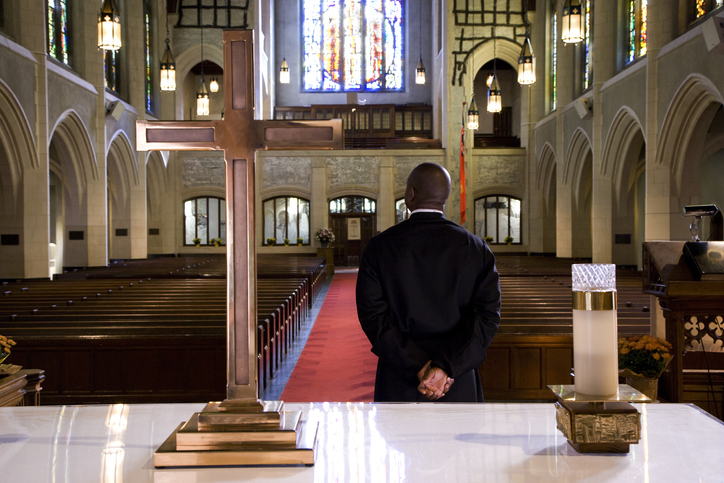Last weekend, I was driving on the highway when a single line of a random, shuffled playlist song caught my attention. The female voice sang, “Yes, I know I’ve lost what you call control, but control isn’t real and you never had it.” As a recovering control freak and a chronic overthinker, I found this concept very interesting.
Growing up, I often struggled with the idea that I was in control of everything in my life. So, when things went wrong, I was the only one I would blame. While it gave me an aptitude for creating pretty intense spreadsheets and impressive lists, it was also incredibly frustrating and disheartening.
A couple of years ago, I was finally able to realize that everything that I am given and am able to give to others comes from God. I needed to “let go and let God.”
So there I am, driving to see my boyfriend because I need to decompress, and I realize exactly why I have been so stressed out. I’m trying to control everything again! I need to remember that the concept of having complete control is a terrible joke that I’m using to abuse myself. Yes, I can control my own actions, but even then, there is not a 100% guarantee that everything will work out according to my plan.
Through the voice of a female vocalist of a pop-punk band, God was reminding me that I should be following Him, wherever He should lead me. Today, we are all reminded of this. The Gospel reading today finds Jesus asking Simon Peter three times if Simon Peter loves Him. Each time, he says yes. Finally, Jesus tells him that when Simon Peter was younger, he did what he wanted and made his own decisions. As he grows older, things will change. He won’t always be in control and he needed to know that by loving Jesus he was agreeing to surrender.
Still, it wasn’t a trap. It was Jesus asking Simon Peter if he was willing to relinquish his control, something we pretend is real and never really had, and give it to God.
In my life, Jesus has asked me repeatedly and I’m so glad he does. I said, “Yes, Lord, you know that I love you,” the first time I released my white-knuckled grip on my attempt at controlling everything. This last weekend was another time Jesus has asked, “Do you love me,” in a way that really means, “Do you trust me?” I’m saying yes, again.
So while I’ve lost what you call control, I remember that control isn’t real, God’s plan is. I never had control, so I let it go. Now I have faith.

Veronica Alvarado is a born and raised Texan currently living in Michigan. Since graduating from Texas A&M University, Veronica has published various articles in the Catholic Diocese of Austin’s official newspaper, the Catholic Spirit, and other local publications. She now works as the Content Specialist in Diocesan’s Web Department.






















